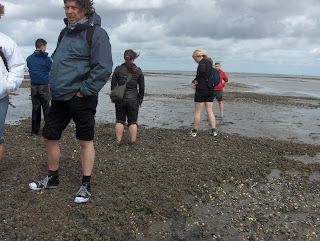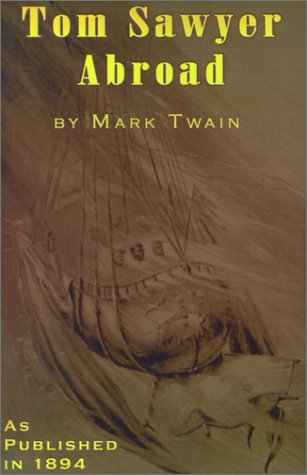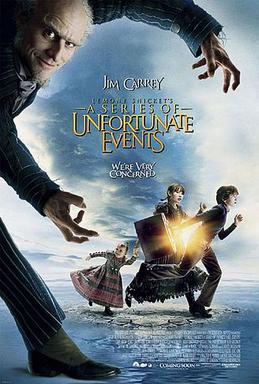For example, if one searches for "good offices " on Wikipedia, one discovers that there is no such article, yet immediately sees a link to Wiktionary (a dictionary) that gives the definition for this term:
The beneficial services and acts of a third party; especially when used to mediate between people in a disputeWith over 2.5 million articles it is quite difficult to find something missing from Wikipedia, but if you do find such a thing now there's a chance you won't be left unsatisfied.
An other example is if you search for something that already has an article, e.g. "Bill Clinton" and you immediately receive links to some of his speeches, best quotes, and most recent news appearances.
I can hardly wait for the Hungarian Wikipedia to be migrated to this new system as this might be the very best thing that will have happened to the sister projects in a long time: they will receive greater exposure, possibly encouraging more people to contribute and the readers will have easier access to more information.
[Update]: The new system has been enabled for all Wikimedia wikis, apparently not having enough RAM was the low threshold preventing this happening earlier. The system could have a little more polishing, e.g. instead of displaying the meaningless "hu.wikisource.org" as the location of the alternative search results, it could simply say "Wikiforrás" ('Wikisource' in Hungarian).







 The time has come again to chose the subjects for the next semester. As usual the servers of my school went down minutes before the system should have been opened. Its 3.5 hours later and finally I could apply for my classes, and though barely, but I could even squeeze in to some optional courses.
The time has come again to chose the subjects for the next semester. As usual the servers of my school went down minutes before the system should have been opened. Its 3.5 hours later and finally I could apply for my classes, and though barely, but I could even squeeze in to some optional courses.  The
The 

 I use
I use 

 Just finished watching the
Just finished watching the 





